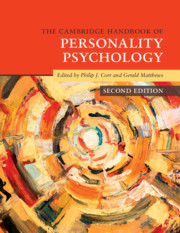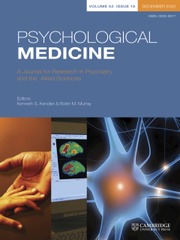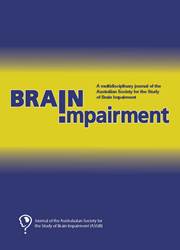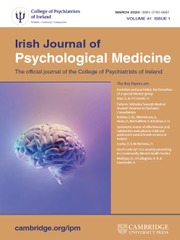The Reinforcement Sensitivity Theory of Personality
One of the major neuropsychological models of personality, developed by world-renowned psychologist Professor Jeffrey Gray, is based upon individual differences in reactions to punishing and rewarding stimuli. This biological theory of personality - now widely known as 'Reinforcement Sensitivity Theory' (RST) - has had a major influence on motivation, emotion and psychopathology research. In 2000, RST was substantially revised by Jeffrey Gray, together with Neil McNaughton, and this revised theory proposed three principal motivation/emotion systems: the 'Fight-Flight-Freeze System' (FFFS), the 'Behavioural Approach System' (BAS) and the 'Behavioural Inhibition System' (BIS). This is the first book to summarise the Reinforcement Sensitivity Theory of personality and bring together leading researchers in the field. It summarizes all of the pre-2000 RST research findings, explains and elaborates the implications of the 2000 theory for personality psychology and lays out the future research agenda for RST.
- Features cutting-edge research on one of the most important models of personality from experts in field
- Demonstrates how basic biological systems give rise to the uniqueness of human individuality
- Contains important questions to guide future research
Reviews & endorsements
'The Reinforcement Sensitivity Theory of Personality is rooted in contemporary neurophysiology of learning and emotion. This text presents an outstanding exposition of the development, data, and direction of RST as well as an excellent critical analysis of the strengths and challenges of the research program. It is required reading for serious students and scholars of personality and individual differences.' Professor Robert M. Stelmack, School of Psychology, University of Ottawa
'… a refreshingly polyphonic account of the field as it stands, where the authors are not afraid to question the orthodoxy. … exhaustive and exhilarating …' Journal of ISSID
Product details
April 2008Paperback
9780521617369
556 pages
227 × 152 × 32 mm
0.88kg
35 b/w illus. 16 tables
Available
Table of Contents
- 1. Reinforcement Sensitivity Theory (RST): introduction Philip J. Corr
- 2. The neuropsychology of fear and anxiety: a foundation for Reinforcement Sensitivity Theory Neil McNaughton and Philip J. Corr
- 3. Animal cognition and human personality Neil McNaughton and Philip J. Corr
- 4. The behavioural activation system: challenges and opportunities Alan D. Pickering and Luke D. Smillie
- 5. Reinforcement Sensitivity Theory and personality Philip J. Corr and Neil McNaughton
- 6. Reinforcement sensitivity scales Rafael Torrubia, César Ávila and Xavier Caseras
- 7. Performance and conditioning studies César Ávila and Rafael Torrubia
- 8. Psychophysiological studies Vilfredo De Pascalis
- 9. Reinforcement Sensitivity Theory and mood induction studies Rapson Gomez and Andrew Cooper
- 10. Neuro-imaging and genetics Martin Reuter
- 11. Reinforcement Sensitivity Theory and psychosomatic medicine Liisa Keltikangas-Järvinen
- 12. RST and clinical disorders: anxiety and depression Richard E. Zinbarg and K. Lira Yoon
- 13. RST and psychopathy: associations between psychopathy and the behavioral activation and inhibition systems John F. Wallace and Joseph P. Newman
- 14. Behavioural activation and inhibition in social adjustment Gennady G. Knyazev, Glenn D. Wilson and Helena R. Slobodskaya
- 15. Reinforcement sensitivity in the work-place: BIS/BAS in business Adrian Furnham and Chris Jackson
- 16. Formal and computational models of Reinforcement Sensitivity Theory Alan D. Pickering
- 17. Reinforcement Sensitivity Theory: a critique from cognitive science Gerald Matthews
- 18. The contribution of Reinforcement Sensitivity Theory to personality theory William Revelle.










